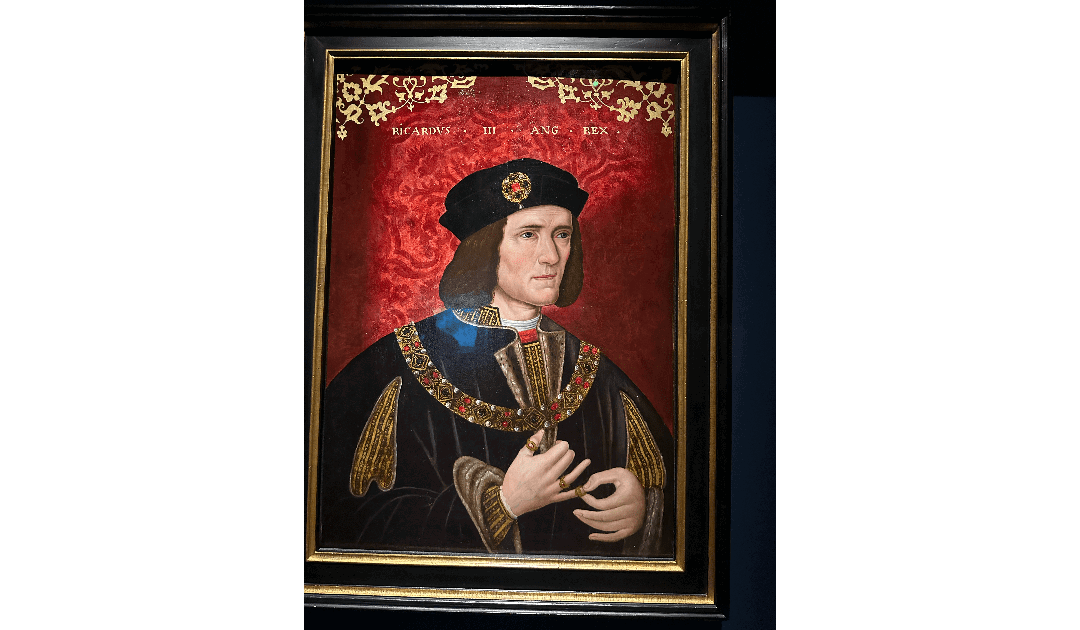On 22nd August 1485 Henry Tudor defeated Richard III at Bosworth Field. It was the final clash in the Wars of the Roses, a series of civil wars between two rival branches of the Plantagenet dynasty, the House of Lancaster and the House of York. This battle marked the end of the Plantagenet reign and the beginning of the Tudor dynasty.
Richard III had usurped the throne from his nephew, Edward V, and his reign was marred by controversy and political instability. On the other hand, Henry Tudor, who had spent years in exile, saw an opportunity to claim the crown and end the years of conflict.
The battle took place near the small town of Market Bosworth in Leicestershire, England. Richard III’s forces outnumbered Henry Tudor’s, but Richard’s leadership and morale were weakened by desertions and political betrayals. The battle commenced with Richard leading a cavalry charge against Henry Tudor’s forces. Richard’s charge failed, and he found himself isolated and vulnerable.
Legend has it that during the battle, Richard III cried out, “A horse, a horse, my kingdom for a horse!” This desperate plea signifies the dire situation Richard found himself in. His forces were overwhelmed, and he was eventually killed in the heat of the battle. Henry Tudor emerged victorious, and the crown passed to him, becoming Henry VII of England.
What happened to the usurped Edward V and his younger brother Richard, Duke of York, is a mystery, the mystery of the princes in the tower. It is widely assumed that Richard III had them murdered. I have posted before about the great crime writer Josephine Tey. Her novel, The Daughter of Time, was the first to use the device of a detective who is confined to his hospital bed, and with the help of a researcher investigates an unsolved mystery. The Crime Writer’s Association, of which I am proud to be a member, voted The Daughter of Time the best crime novel of all time. Tey’s detective, Alan Grant, investigates the mystery of the princes in the tower. He finds Richard III not guilty.

